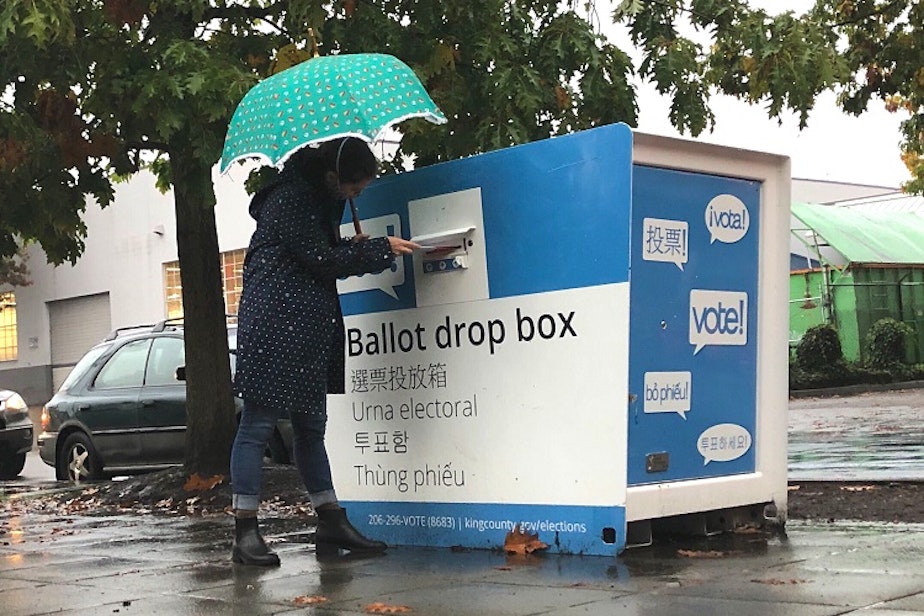Why do so many judges run for reelection unopposed?

In Washington state, there are many judges on the Nov. 8 ballot and the only choice voters can make in most of those races is whether to vote at all.
The vast majority of the state superior, appellate, and supreme court judges are running unopposed in Washington. That's in stark contrast to other parts of the country, where there's been a flood of money into state judicial races where judges are vying to consider hot-button issues like abortion access and gerrymandering.
In Washington state, judges are coasting through reelection. Electing state judges was introduced as a way to add accountability into the judiciary. However, it has historically been very difficult to unseat a judge in an election.
"Unless you have a evocative sort of issue that you can take to the public that you think the majority of the public might be uncomfortable with, the status quo bias of most electorates is to return an incumbent back into the office if they feel like they've been basically doing a good job," said Seattle University professor Patrick Schoettmer,
Schoettmer acknowledges that certain judicial elections have been contentious. In 2016, shortly after the Washington Supreme Court struck down the state's charter school law, wealthy Washingtonians donated nearly $1 million to two political action committees opposing incumbent Justice Charles Wiggins. Even with this well-funded opposition, Justice Wiggins won that election by more than 10 percentage points.
So, how do justices end up on the bench in the first place? An appointment is one way. Justice Wiggins retired in 2020, only four years into his six-year term. His successor, Justice Helen Whitener, was appointed by Gov. Jay Inslee. After winning a special election in 2020, Justice Whitener is running unopposed this year.
Sponsored
Schoettmer spoke with Soundside about the pros and cons of electing judges and how Washington's judicial elections compare to those in other states.





